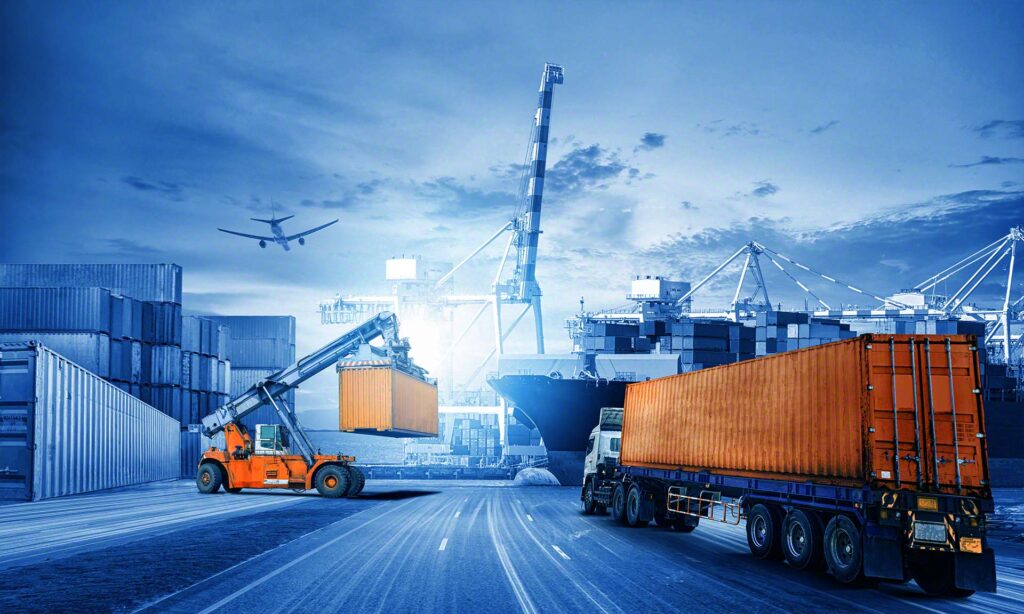Logistics, the backbone of global commerce, plays a pivotal role in ensuring the smooth flow of goods and services from the point of origin to the final destination. As businesses continue to expand their reach across borders, the importance of efficient logistics management becomes increasingly apparent. This article delves into the intricacies of logistics, examining its key components, challenges, and innovative solutions shaping the future of this critical industry.
The Basics of Logistics:
At its core, logistics involves the coordination and management of the various activities necessary for the movement of goods and services. This encompasses everything from procurement and transportation to warehousing, distribution, and delivery. Effective logistics is not just about getting products from A to B; it’s about doing so in the most cost-effective, timely, and sustainable manner.
Transportation: The Lifeblood of Logistics:
One of the fundamental pillars of logistics is transportation. Whether by land, sea, or air, selecting the right mode of transport is essential for optimizing supply chain efficiency. The rise of e-commerce has heightened the importance of rapid and reliable transportation, with companies investing in advanced technologies, such as GPS tracking and route optimization, to streamline delivery processes.
Warehousing and Distribution:
Warehousing and distribution centers serve as crucial nodes in the logistics network. These facilities are responsible for storing and managing inventory, ensuring that products are readily available for timely dispatch. Modern warehouses are increasingly adopting automation and robotics to enhance efficiency, reduce errors, and meet the growing demands of today’s fast-paced supply chains.
Technology Revolutionizing Logistics:
The digital age has ushered in a technological revolution in logistics, transforming the way businesses manage their supply chains. Advanced software solutions, including warehouse management systems (WMS) and transportation management systems (TMS), provide real-time visibility and optimization capabilities, enabling companies to make data-driven decisions and respond swiftly to market changes.
Additionally, the integration of the Internet of Things (IoT) devices has enabled the tracking and monitoring of shipments in real-time. This not only enhances security but also allows for predictive maintenance, reducing the risk of unexpected delays due to equipment failure.
Challenges in Logistics:
While technological advancements have significantly improved logistics, the industry is not without its challenges. The complexity of global supply chains, geopolitical uncertainties, and the environmental impact of transportation are among the key issues facing logistics professionals.
Supply chain disruptions, as witnessed during global events such as the COVID-19 pandemic, highlight the need for robust contingency plans. Companies are now placing greater emphasis on building resilient supply chains capable of adapting to unforeseen circumstances, with the goal of minimizing disruptions and maintaining business continuity.
Sustainability in Logistics:
As the world grapples with the effects of climate change, the logistics industry is under increasing pressure to adopt sustainable practices. Companies are exploring eco-friendly transportation options, optimizing routes to minimize carbon emissions, and embracing packaging solutions that reduce waste. Sustainability is not just a moral imperative but is also becoming a key differentiator for businesses in the eyes of environmentally conscious consumers.
The Future of Logistics:
Looking ahead, the future of logistics is marked by ongoing innovation and the integration of cutting-edge technologies. Artificial intelligence (AI) and machine learning will play a pivotal role in predictive analytics, enabling businesses to forecast demand more accurately, optimize inventory levels, and enhance overall efficiency.
Autonomous vehicles and drones are poised to revolutionize last-mile delivery, reducing costs and improving the speed of order fulfillment. Block chain technology is also gaining traction in logistics, providing a secure and transparent platform for recording and verifying transactions throughout the supply chain.
In conclusion, logistics is a dynamic and indispensable component of modern business operations. From the intricacies of transportation to the challenges posed by global uncertainties, the industry continues to evolve. With a focus on technology, sustainability, and adaptability, businesses can navigate the complexities of logistics, ensuring the efficient movement of goods in an interconnected world. As we move forward, the ability to innovate and embrace change will be the key to success in the ever-evolving landscape of logistics.

